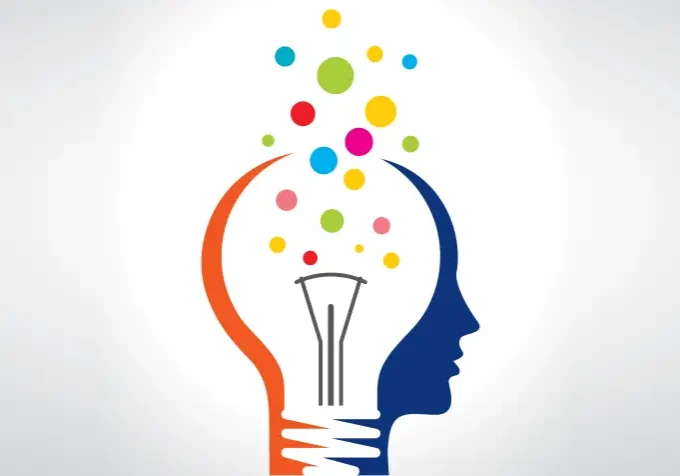The Meaning of Disruption in an Educational System
Conrad Hughes, Education Advisory Board Member
Published: July 20, 2023

The other day I was listening to a podcast on generative AI and its potential to “disrupt” education. The assumption was not only that disruption is a good thing, but that it is necessary.
Disruption is a word that is used increasingly in education circles. The idea is that old systems and structures need to be challenged if not overhauled for some progress to be made. This is premised on the not entirely untrue idea that much in our education system is old-fashioned and irrelevant to the needs of young people wishing to integrate into the world of work.
Many would agree that assessment systems, classroom arrangements, timetables, and curriculum content could be improved. For instance, the curriculum must focus on important themes such as those concerning the environment, access to education and health, and the successful co-existence of the human species. These learning areas could and should be explored more intentionally in the curriculum to facilitate an improved learning experience for all students.
In this sense, I’m all for progress and evolution. The curriculum must be relevant and assessment protocols fit for purpose. However, I’m not sure disruption is the best term. Harvard Business School scholars Clayton Christensen, Michael Raynor, and Rory McDonald explain that “disruption describes a process whereby a smaller company with fewer resources is able to successfully challenge established incumbent businesses.” In other words, disruption refers to a more effective, leaner, and profitable business strategy that it disrupts.
Is this what we want technology to do to education? How helpful is it to use terms borrowed from the corporate world? How do we protect the decency of work if it is constantly being “disrupted” for more profitable systems? The fundamental aim of education is not just to prepare young people for a world that is changing irrevocably and incessantly towards a model of greater exploitation but, on the contrary, through education, to co-create a better world where the environment, peace, and human dignity are respected at all costs.
